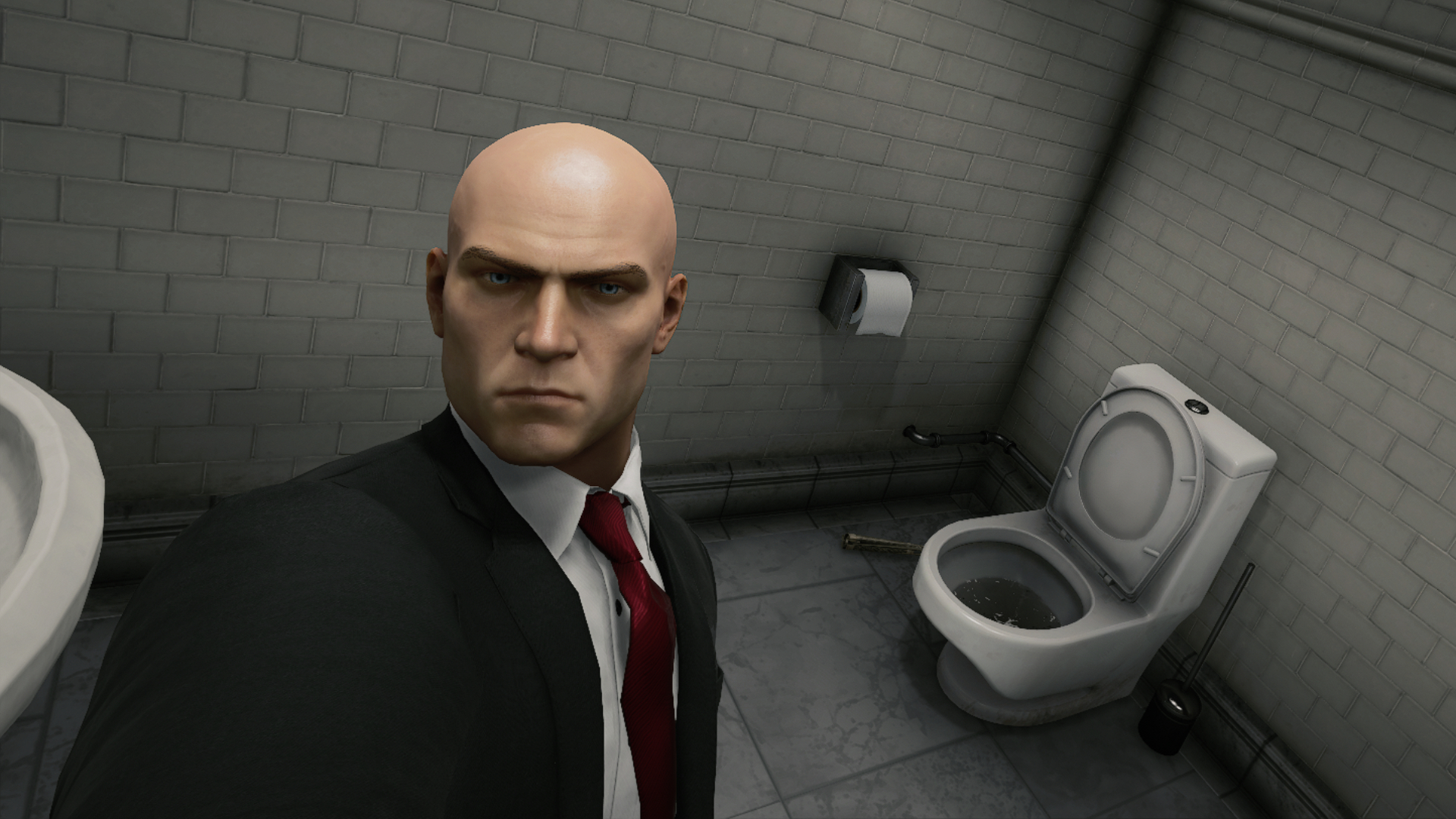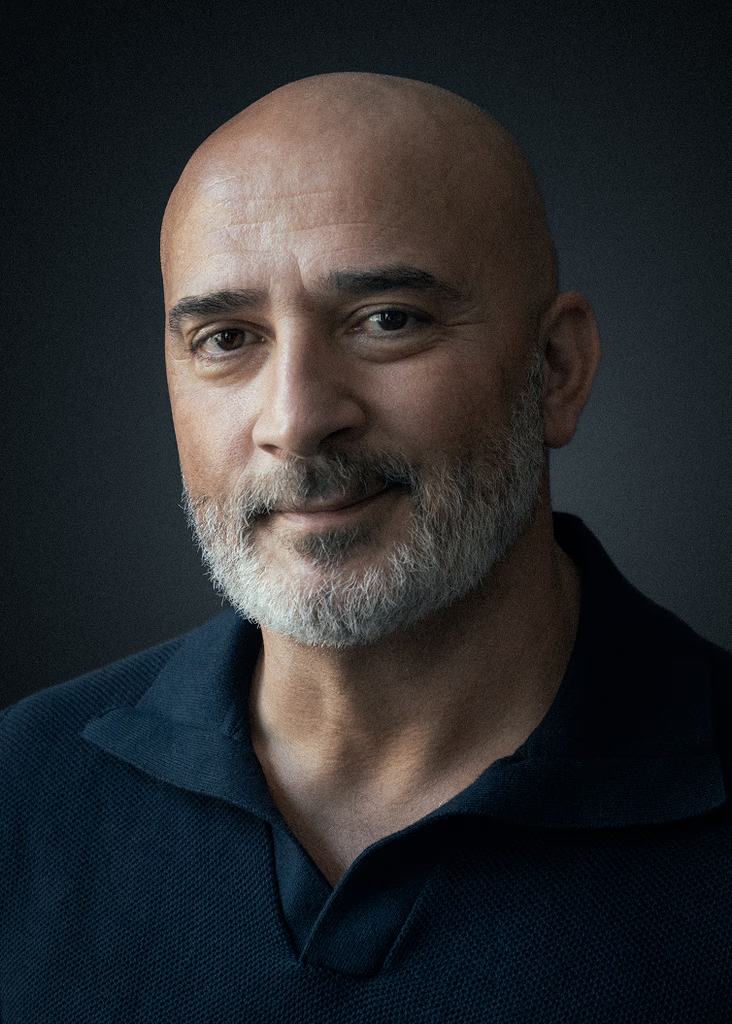
After buying its independence from Square Enix in 2017, Hitman developer IO Interactive has managed to survive in an industry of escalating budgets and general turmoil as the premier self-published purveyor of bald-headed assassins. In an interview with The Game Business, CEO Hakan Abrak explained that IO's survival in the triple-A development tier is thanks to a hard-learned lesson in toilet discipline.

Abrak said that after the release of 2012's Hitman: Absolution, which he worked on as executive producer, IO realized that it had to break its habit of needlessly "wasteful" investment of development resources.
"I swore never to do more new toilets," Abrak said. "'Just do new toilets,' right? Like, we were just doing new everything. And it was just a throwaway."
When IO began its work on Hitman 2016, Abrak said it made the deliberate choice to orient its development around "smart, accumulated content," creating what it now calls "the brick system." With it, IO started producing assets and systems that could easily be repurposed and expanded for following sequels.
As a result, it was able to continue releasing Hitman games on progressively smaller budgets by making the most of the work it had already done. And the reception to those releases only improved.
"Without being too precise: Hitman '16, let's say that if that was $100 million, Hitman 2 was maybe $60 million. Hitman 3 was $20 million," Abrak said, noting that the third game still released with new, unique locations. "And Hitman 3 was the highest Metacritic. It was 85, 84, and 87 Metacritic."
Abrak notes that, as a "more ambitious product," 007: First Light will, unsurprisingly, be "a bigger investment." But he says it'll be built with the same eye towards "longevity."
"If we were to look at a sequel at one point, who knows?" Abrak said. "At IO, we have a really, really good way of trying to be efficient. That's extremely important to us."
That pursuit of efficiency, Abrak said, helped IO avoid overextending itself during what he called the "gold rush" of COVID-era expansions and acquisitions that contributed to the rash of layoffs and studio closures in recent years.
"We could have grown a lot more," Abrak said. "We could have taken on more projects. But I think we've been very mindful about growing with the pace of where our culture and our expertise could follow."







